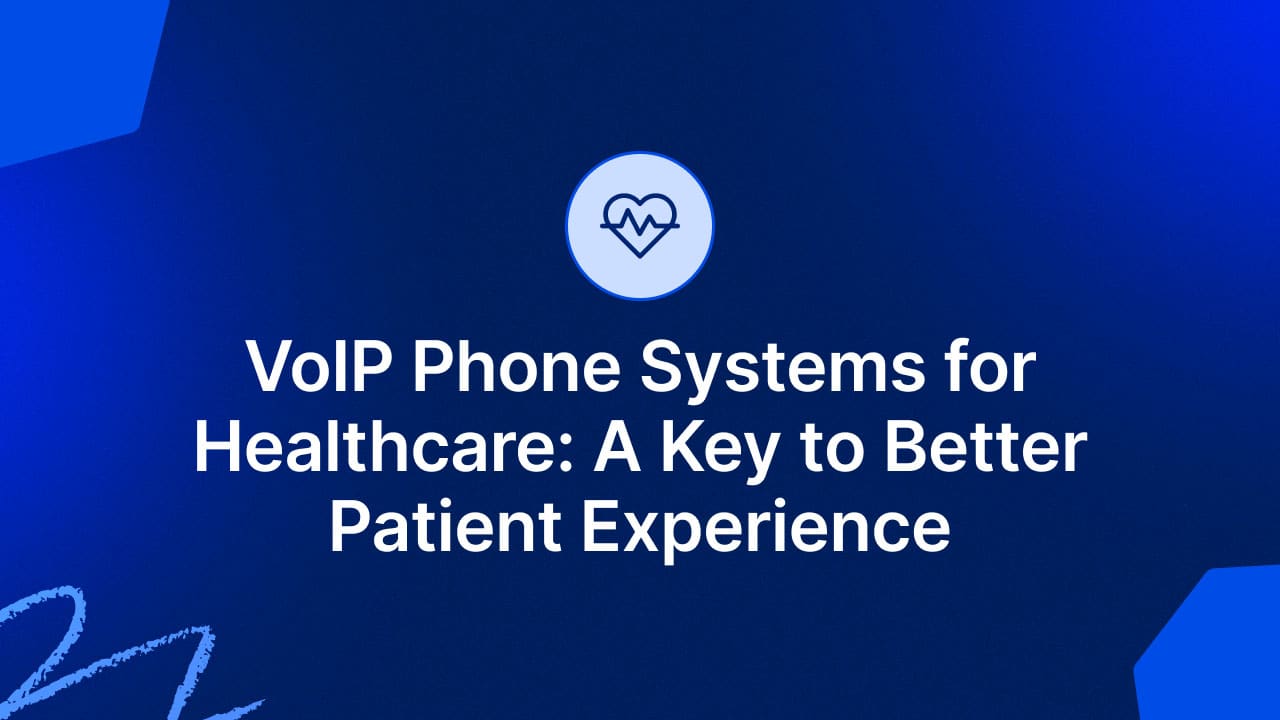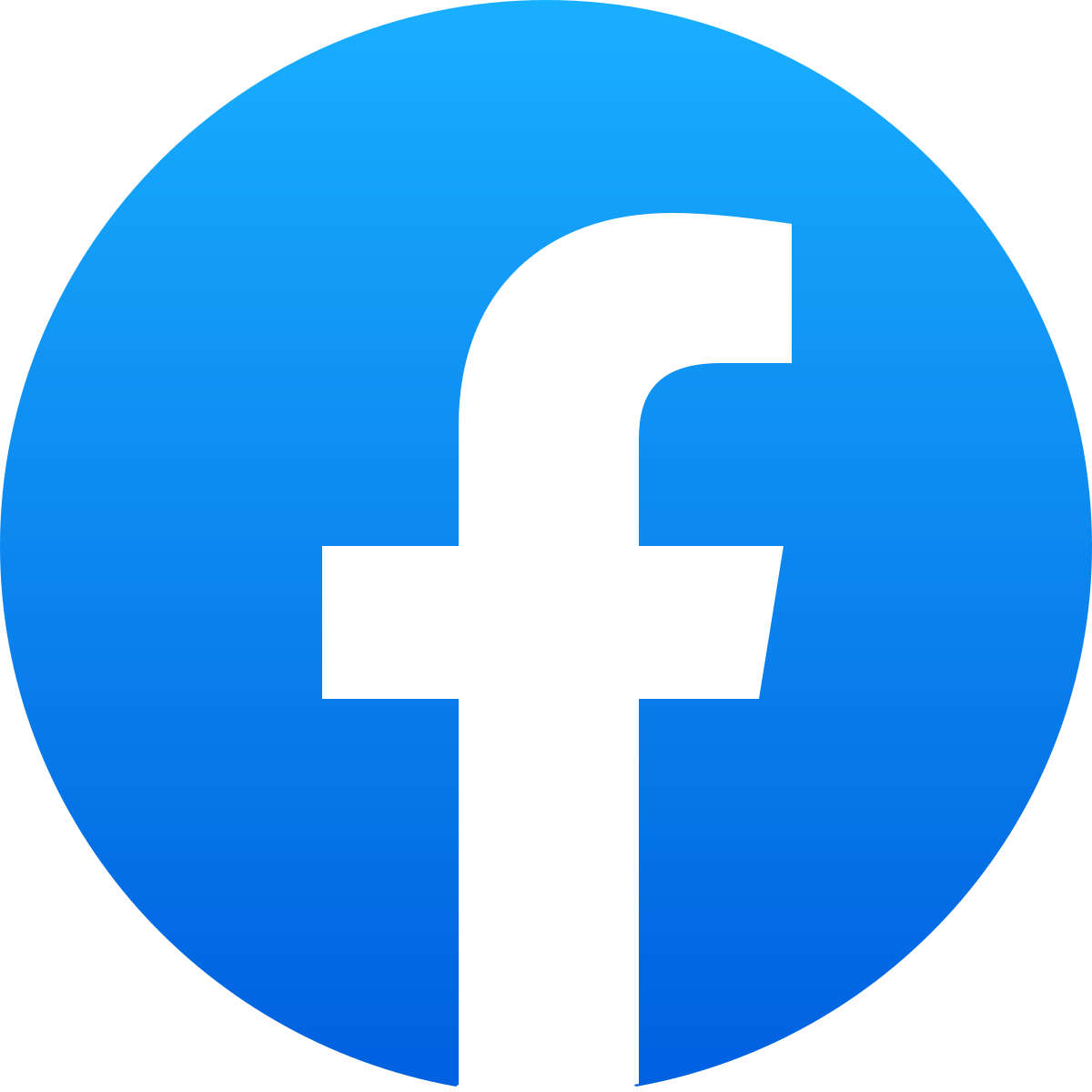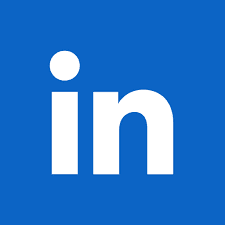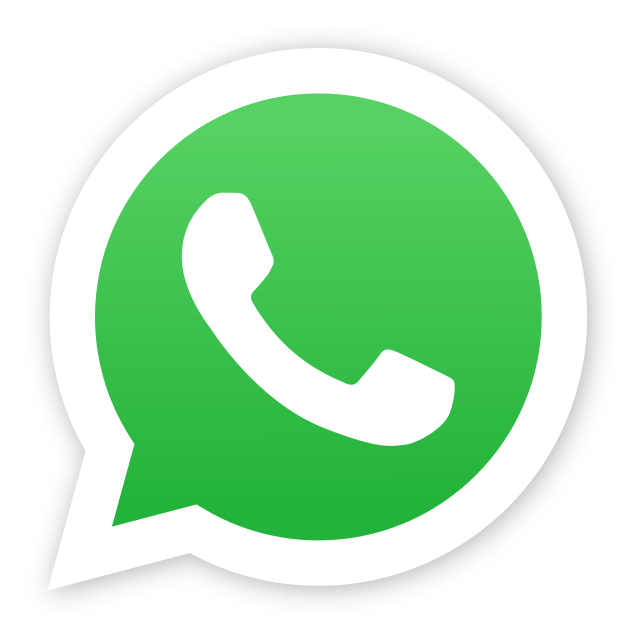Healthcare is one industry that has transformed the most in the past few years. Although the industry was a reluctant adapter for change, circumstances during and post the COVID-19 pandemic have made it imperative for healthcare to embrace the modern world. Technology is making several healthcare processes straightforward and efficient and has significantly improved patient experiences.
But with medical practitioners being busier than ever, how can healthcare institutions ensure great patient experiences from beginning to end? The answer: by adopting an advanced and efficient phone system.
Today, we have multiple modern communication tools enabled by the smartphone and internet revolution, like email, SMS, app-based chat, and instant messaging. However, the traditional phone system is still being used in multiple healthcare institutions. Although reliable, they do not have various advanced features that a modern cloud phone system for healthcare can offer.
Voice over Internet Protocol (VoIP) phone systems for healthcare can provide secure, efficient, and cost-effective solutions for modern healthcare needs. Given these advanced features, it should be no surprise that the VoIP market is slated to grow at a CAGR of 15% and achieve a valuation greater than USD 95 billion for the forecast period 2021 to 2027.
If you are contemplating adopting VoIP phone systems for healthcare, this article will provide a deep dive into why cloud phone systems for healthcare are the ideal next step in this evolution of healthcare technology that we are witnessing today:
What Are VoIP Phone Systems for Healthcare?
VoIP stands for Voice Over Internet Protocol and is a digital telephony platform that leverages an active Internet connection to establish lines of audio communication between two users. Using the internet, VoIP phone systems eliminate the need for wired landlines or traditional networks that use analog signals. It makes it highly efficient and easy to implement.
In an era where healthcare institutions are using CRM, advanced billing systems, payment gateways, digital patient healthcare records, and other advanced systems, VoIP phone systems for healthcare fit right into this new-age digital transformation. It helps patient information sync with your CRM or healthcare records management system and automatically routes calls based on caller ID.
It can even help provide automated reminders, schedule appointments, integrate with billing, and provide the caller’s history to make it highly efficient for your patients and medical staff to have a smooth and compelling conversation.
AI Communication Platform Trusted By Thousands of Medical Teams
Start your 14 day Free Trial
How does VoIP for medical offices improve Patient Experiences?
There are several ways VoIP phone systems for healthcare can help ease communication and related processes. Some of the ways it makes patient experiences smooth and effective are:
- Since it uses the internet, VoIP has enabled instant long-distance communication between medical professionals and patients worldwide.
- VoIP allows phone systems to empower organizations to enable calls to be routed, answered, and forwarded without needing human intervention. It makes voicemail, call forwarding, and even transfers to the right medical representatives simple and fast, lowering patient wait time.
- VoIP provides crystal-clear communication using the internet instead of the traditional analog network.
- VoIP systems include call queue management, which helps medical staff prioritize calls accordingly. e.g., if it is an emergency call, they can prioritize it over a non-emergency call.
- VoIP systems can also automate several patient care processes, such as providing automated reminders for upcoming appointments, scheduling appointments, and sending customized messages and updates to the patient, all of which frees up the medical staff and ensures the patients are well informed and updated.
How does VoIP offer HIPAA Complaint Services?
Patient information is critical and contains many private details that healthcare providers must keep confidential. Any loss of data or misuse of this information can invite a huge penalty, and medical systems are now required to comply with strict HIPAA compliance requirements.
VoIP phone systems for healthcare can help you get peace of mind since the patient information is saved in a secure cloud infrastructure compliant with HIPAA guidelines. Plus, it can be accessed from anywhere but secure enough with proper access controls and security measures, ensuring that patient data stays always protected, secure, and backed up.
How do VoIP healthcare solutions increase Productivity?
The major drawback of traditional phone systems is their dependency on humans to complete the work. It includes being in calls to understand patient concerns, call routing, and other activities that can be easily automated.
VoIP systems help make processes more straightforward and efficient by including features like Caller ID synced with patient care systems to provide healthcare staff a background on the patient, automatic call routing, cloud-based recording features, and automated notifications. Thus, a significant workload of the medical staff is eased, and they can focus on providing improved patient care rather than doing operational tasks.
How does VoIP Analytics & Reporting help healthcare?
Unlike traditional phone systems, VoIP phone systems for healthcare integrate with advanced CRMS and other digital solutions, enabling the medical institution to get detailed analytics about their patients. Using this data, healthcare managers can confidently make administrative, financial, or strategic decisions backed by qualitative data, making healthcare even more effective.
How is VoIP Cost-effective and Scalable?
VoIP phone systems for healthcare offer an affordable, fast, uncomplicated installation process. To integrate VoIP for hospitals, there is not much that medical institutions need to do. It can integrate with the organization’s existing computer network and, over time, helps reduce the cost of maintenance and added budget for calling features since it will use the internet for all its communications.
Additionally, it also helps make the healthcare staff more productive, as major patient requirements are automated and taken care of by the VoIP systems. So healthcare staff can focus on patient care while reducing time and money on mundane activities.
And whether you are growing operations exponentially, VoIP can provide the proper infrastructure to match your needs without needing too many add-on costs. Scaling back? No worries, VoIP can accommodate that as well, as it is the best phone system for small medical offices too.
Conclusion
When it comes to elevating patient experiences, a good communication system is everything. If the patient wants to speak with a doctor, schedule an appointment, get updates on their test results or make any other request, they usually call the medical office. If the phone is always busy or unable to handle the large influx of patient calls, it can lead to the risk of losing patients.
The best phone system for medical offices ensures that your patient’s needs are met, with automation and cost savings that make it easy for medical professionals to manage and handle patient requirements. No matter what the future holds, a good cloud phone system for healthcare is a must-have today and will go a long way in ensuring that you can provide both efficiency and simplicity in patient interaction, which is the bedrock of a quality healthcare institution.












